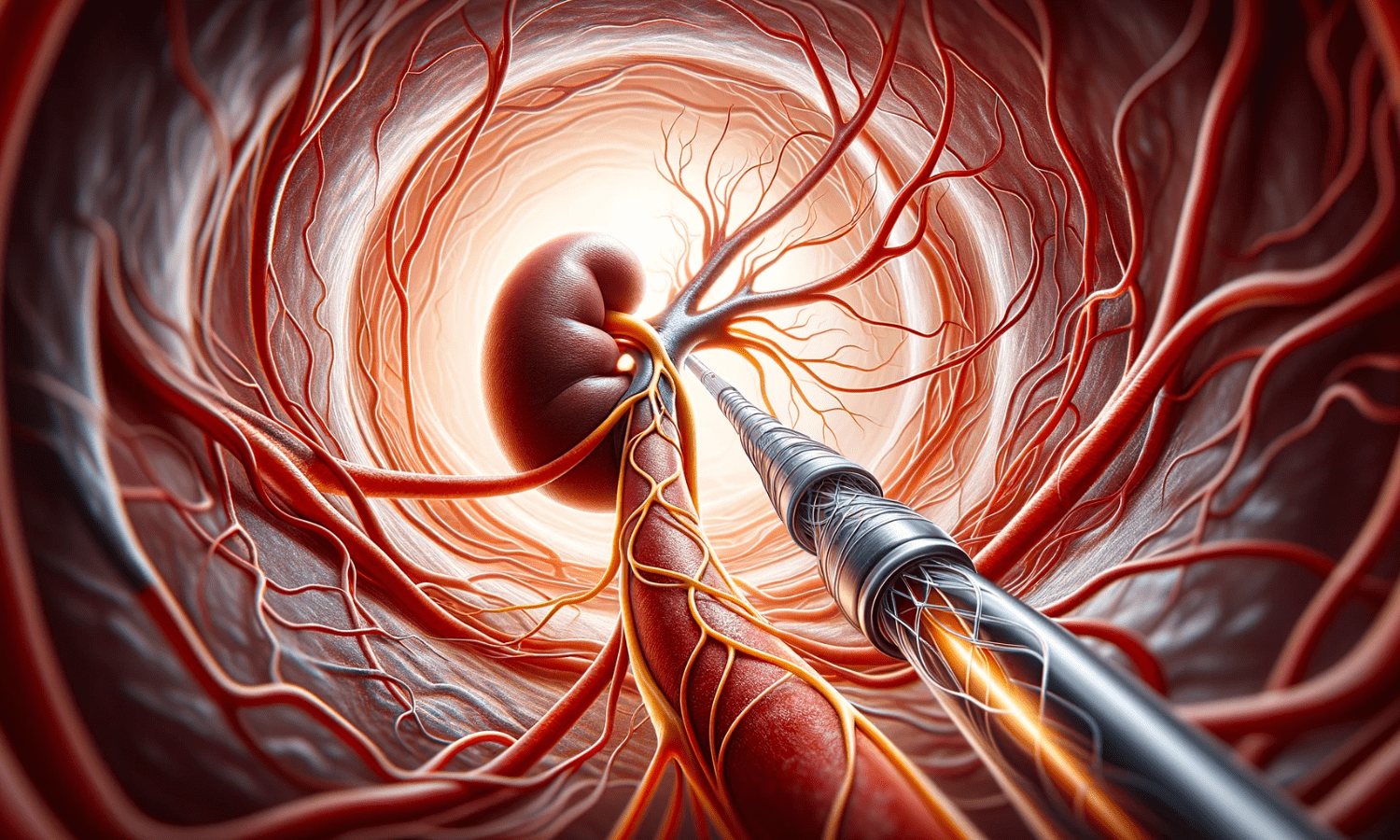How Successful Is Renal Artery Stenting?
When it comes to safeguarding the health of our kidneys, modern medicine offers several innovative treatments. One such procedure, renal artery stenting, has garnered attention for its role in treating renal artery stenosis—a condition that can significantly impact kidney function and overall health. But how successful is this procedure? In this blog post, we delve into the world of renal artery stenting, exploring its effectiveness, procedure, and the vital role it plays in managing kidney health.
What is Renal Artery Stenting?
Renal artery stenting is a lifesaver for many facing renal artery stenosis, a condition where large blood vessels leading to the kidneys become narrow, affecting blood flow. This minimally invasive procedure involves placing a tiny metal mesh tube, known as a stent, to open up these blockages. Why is this important? Well, your kidneys are more than just urine producers; they regulate vital aspects like salt, fluid balance, and blood pressure in your body. Hindered blood flow to the kidneys can lead to serious health issues, including renal hypertension and even kidney failure.
The Procedure of Renal Artery Stenting
The journey to better kidney health through renal artery stenting begins much before the actual procedure. It starts with a thorough health assessment and vital tests like Duplex Doppler ultrasonography, CT angiogram, MRA, and angiogram, ensuring you're the right candidate for this procedure.
On the day of the stenting, it's less daunting than you might think. A tiny incision is made, usually in the groin, through which a catheter guides the stent to the affected area. The stent then expands, pressing against the arterial wall, improving blood flow to the kidney. And the best part? You're not entirely unconscious during this, thanks to sedatives that help you relax without the full effects of general anesthesia.
Effectiveness and Success Rate of Renal Artery Stenting
The big question: How successful is renal artery stenting? Its effectiveness is often measured by improved blood flow and managed blood pressure. Recent studies have shown that not all patients benefit equally. However, it's particularly advantageous for those with significant blockages in their renal arteries or uncontrolled blood pressure despite multiple medications. It's worth noting, though, that its effectiveness varies, and it treats only about a third of people with hypertension due to multiple causes of high blood pressure.
Advantages and Risks of Renal Artery Stenting
Every medical procedure has its pros and cons, and renal artery stenting is no exception. On the bright side, it's a minimally invasive procedure with a low risk of side effects, improves blood flow, and can even decrease blood pressure and help preserve kidney function. However, it's important to be aware of potential risks like bruising, bleeding, renal artery or kidney damage, blood clots, allergic reactions to contrast dye, stent misplacement, and in rare cases, kidney failure.
Post-Stenting Recovery and Lifestyle Considerations
Recovery from renal artery stenting is generally swift. Most people are back on their feet, returning to work or school within a week, though those in physically demanding jobs might need a bit longer. It's crucial to follow your healthcare provider's advice on activity levels and medication. Post-procedure, you may be prescribed blood-thinning medications like aspirin or clopidogrel to prevent blood clots and promote healing around the stent.
Regular follow-ups are essential to monitor for any new blockages or narrowing of the artery. And, as with any procedure, it's important to contact your healthcare provider if you experience any unusual symptoms post-stenting.
Ready to Take the Next Step?
Renal artery stenting is a beacon of hope for many grappling with renal artery stenosis. While it may not be a one-size-fits-all solution, its success in improving kidney function and managing blood pressure makes it a valuable tool in the medical arsenal. As we advance in medical science, the effectiveness and applications of such treatments continue to evolve, offering renewed hope and improved quality of life for patients. If you're exploring options for renal artery stenting or have concerns about kidney health, don't hesitate to reach out to our specialists at Indiana Vascular. Schedule your appointment today and take the first step towards better kidney health.
References
Cleveland Clinic. (2023). Renal Artery Stenting: Purpose, Procedure & Recovery. Retrieved from https://my.clevelandclinic.org/health/treatments/14868-renal-artery-stenting.

